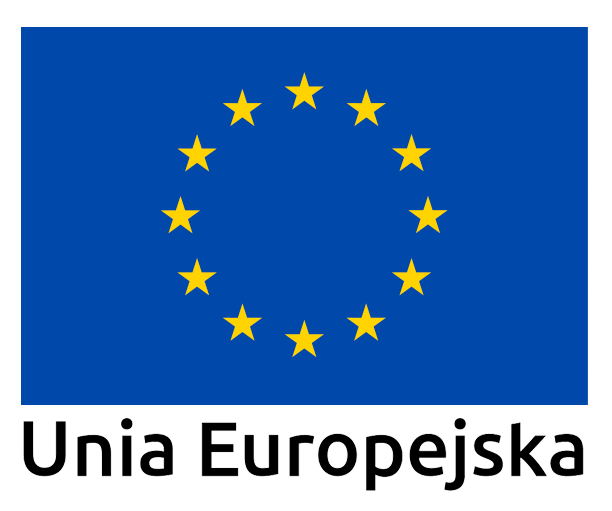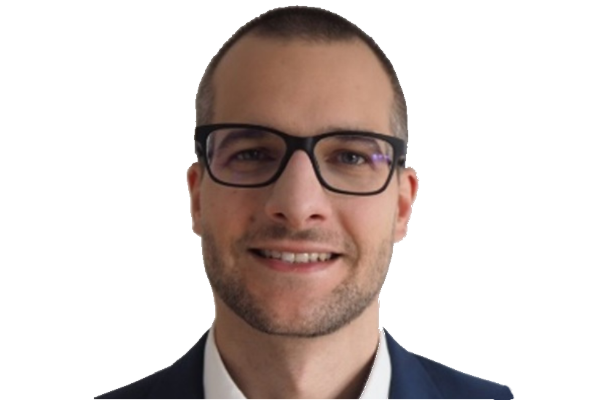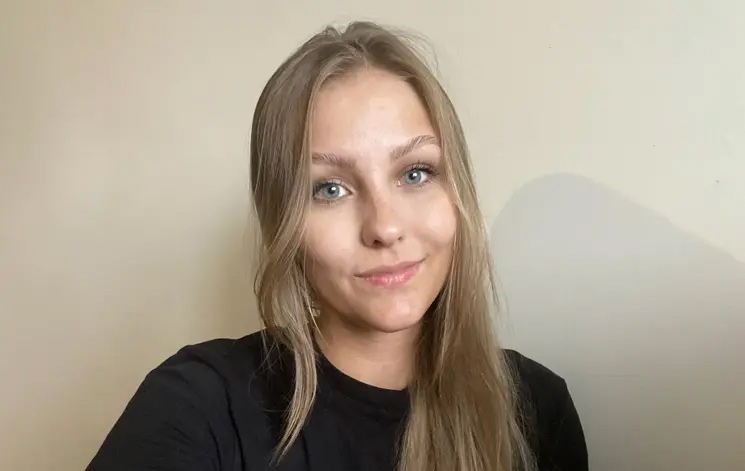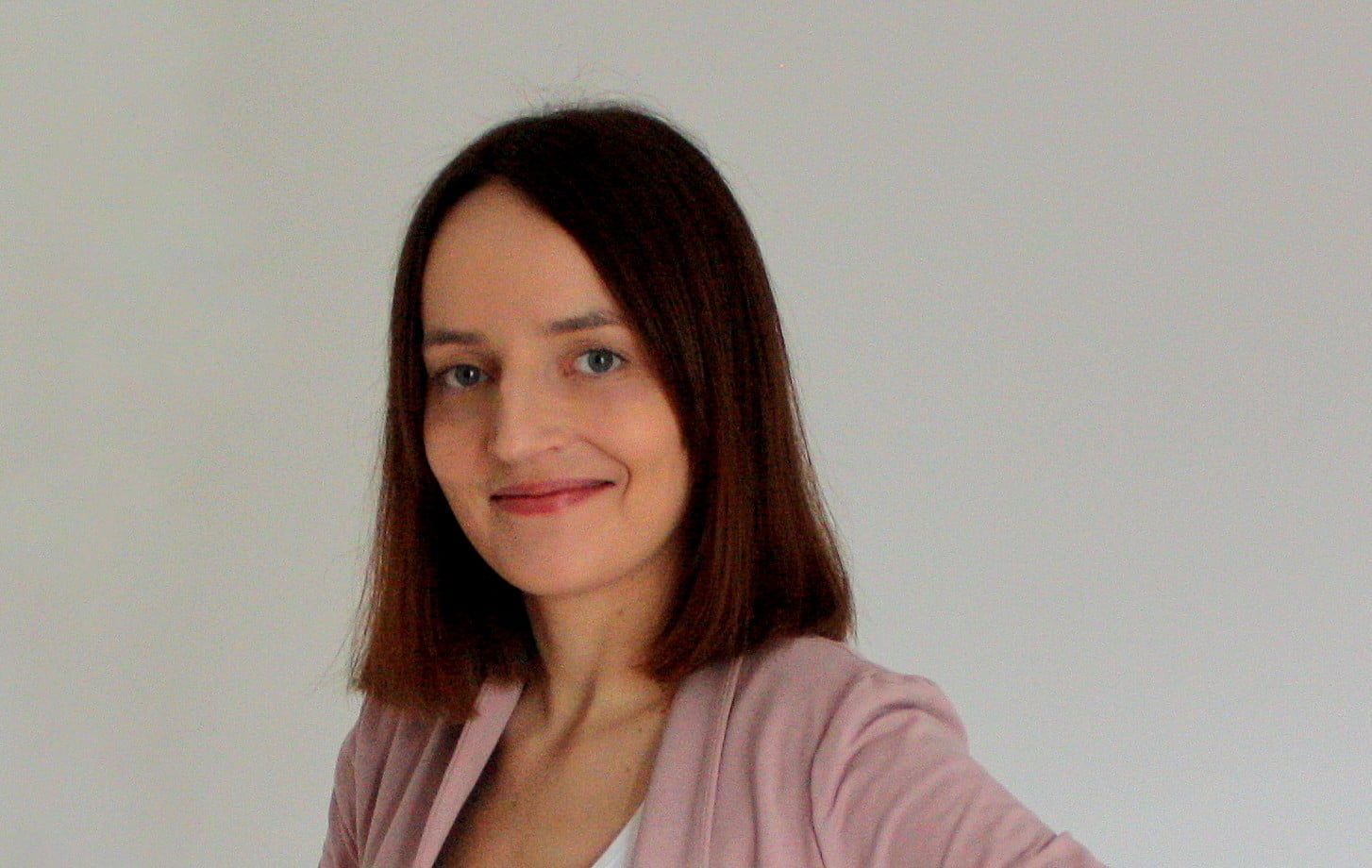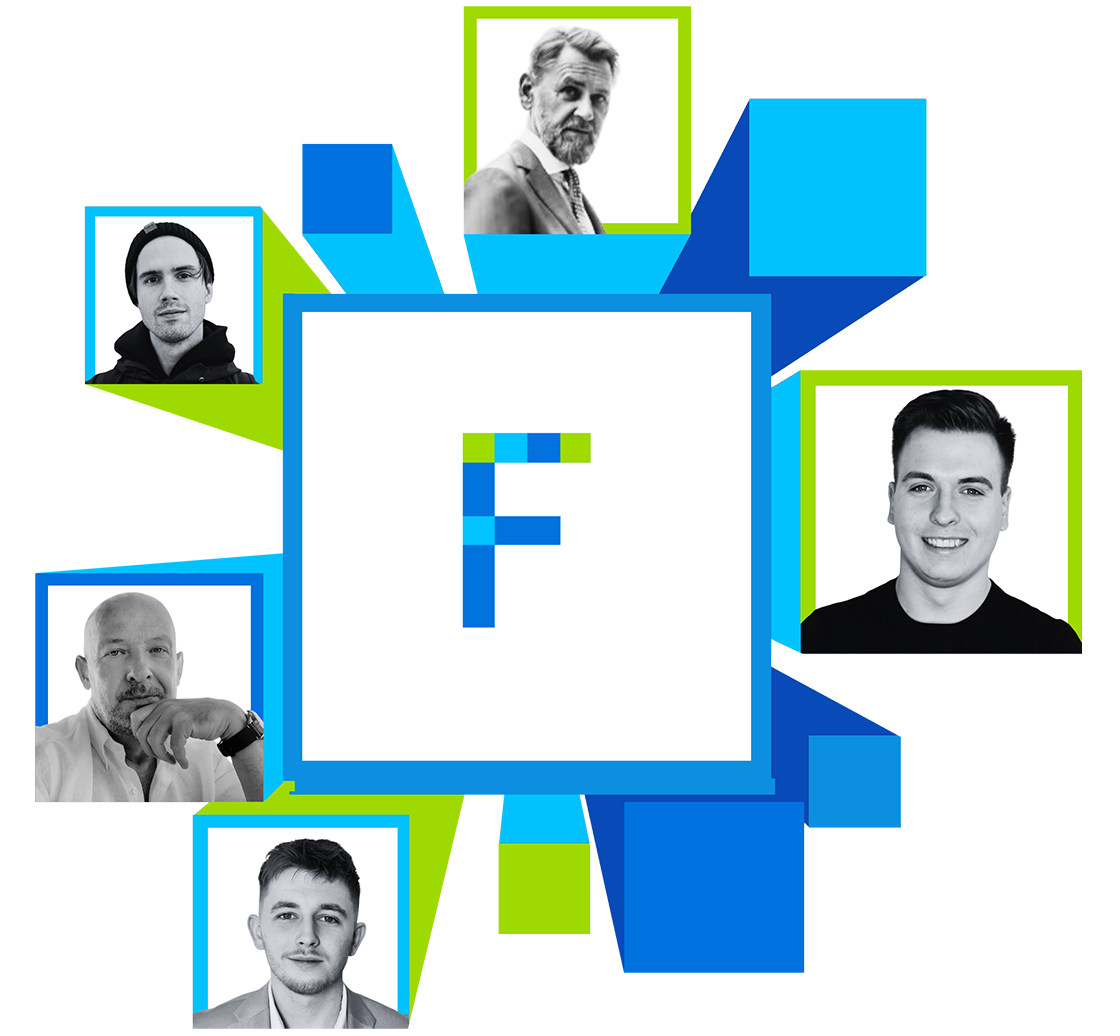Find out about the history of Michał Nowakowski's re-industry, who after 8 years of gaining experience in the automotive industry in various positions, decided to focus on Business Intelligence and work in IT. Today, he works as a Business Intelligence DevOps Specialist at DXC Technology Polska. Everything is new and everything is positive – he assessed his professional change.
What are you currently doing as a Business Intelligence DevOps Specialist? What does your working day look like?
Currently, I am a member of the team responsible for the development and maintenance of an analytical platform for a client from the insurance industry. My working day starts with daily, where we discuss current topics. During the day, each of us works on assigned tasks. We cooperate with teams from other areas of competence, but also geographically diverse. If the task is clear, I work individually. When I encounter a problem, I share it with others so that we can find a solution together. Everything in an atmosphere of cooperation to complete the tasks of a given sprint.
Is it something completely different from what you've done before?
Yes, it's a different industry, a different way of working, a different atmosphere. Everything new and everything positive. So far, I have been associated with the automotive industry. Before the change, I was a Product Manager, and over the years I have held various roles in the area of sales and marketing.
What is it like to be part of IT?
I had no IT experience before and the change is huge. To be honest, the smile hasn't left my face since I joined the new company.
Are you now using your knowledge and experience gained in your previous position? How?
I changed the industry with 8 years of experience. I approached it with great humility on the principle of "I know that I know nothing." And while in technical aspects this will be true for a long time, it was interesting to realize that certain features or skills are universal. I mean, for example, the right choice of vocabulary or the ability to present a problem. It may seem strange, but you also need to know how to write an email. I didn't expect it, but I'm definitely using my previous experience in my current role.
Where did the idea to change the industry come from?
The idea came primarily from the desire to develop, to do new (and in my opinion "more valuable" things). The second important factor was the fact that IT is a stable industry. The acquired skills are universal and can be successfully used in other companies - I do not close myself in a silo.
Why did you choose Business Intelligence?
Because it was at the same time an interesting and quite short path to enter IT for a person with my experience and skills. I could naturally move to a higher level and use my skills, i.e. an analytical approach, willingness to improve, experience on the business side.
Was the course enough to get a job in the BI area?
Yes, but I must admit that for the course itself I was preparing myself quite hard to use it to the max. Of course, there was also a bit of luck - you can't go without it.
What was the job search at BI like?
After the bootcamp, I used support in the recruitment process and I really appreciate the CV consultations - I definitely gained something more than a nice document from them. It was basically a full walk through the next steps that will lead me to my goal. Looking for a job was already a pleasure, because I had been waiting for this moment for a long time and basically applied during the course. Therefore, the offer I took advantage of, I received a month after the course. The process itself was standard and the technical interview was basically a formality.
How did you organize your work and learning on the course?
In addition to the two above, there was also taking care of my son, so there was plenty to do 🙂 It was an intense time, but thanks to prior preparation, the course itself was not completely new to me - rather systematization, extension and the possibility of consulting practical exercises with experts. Of course, it also required dedication on the part of my wife, for which I am very grateful to her, but we managed to arrange everything so that I did not have to watch any lessons from the recording.
